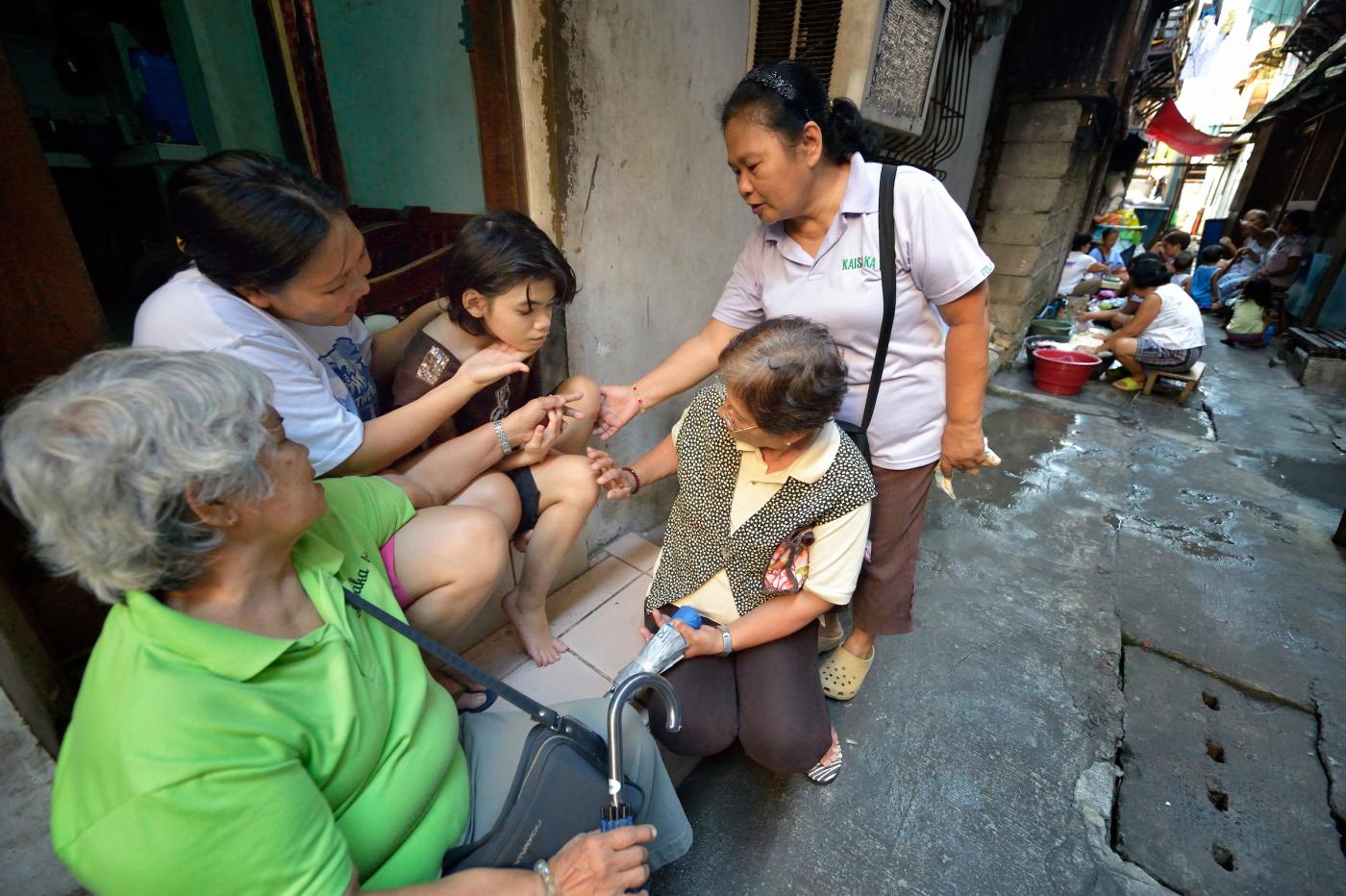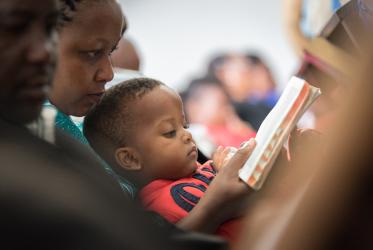It is sometimes difficult to understand autism as it is a spectrum which does not show any physical impairments. Autism is not an illness or a disease. When one is told “currently, there is no cure for autism,” the next question that comes to mind is – “What next?” Understanding and accepting is very important. As parents, many are the times we have experienced phrases such as “your child is not disciplined; you don’t feed them well; what kind of behavior are you teaching your child; make them keep quiet or take them outside as they are disturbing us."
When my son was diagnosed with autism it was heartbreaking, especially being told that autism has no cure and that it is not an illness or a disease that you can treat and see healing within a short period of time! But rather, a condition that I need to manage and help my child integrate into the society and live a meaningful and wholistic life.
So, What is autism? Is autism a disability? According to the Kenya Disability Resource Consortium, autism spectrum disorder is the name for a group of developmental disorders and includes a wide range of symptoms, skills, and levels of disability. Autism is a lifelong disability that affects how people perceive the world and interact with others. People with autism see, hear, and feel the world differently. From my interactions with others on the spectrum, I have learned that symptoms vary from mild to severe autism and from one child to the other, that what works for one might not work for the other, and that each individual is gifted differently and abled differently, bringing out the beauty of autism.
For me autistic children need love, understanding, and acceptance from all of us. This does not mean that as parents we have to tolerate bad behavior but we should endeavor to teach our children the good ways and behaviors that can help them live a wholistic, independent, and fulfilling life. In this journey and through my interactions with others, I have learnt that children with autism are gifted, talented, and learn differently—and that they are not weird. They are merely gifted in ways that our society does not value enough and it is high time that autism is given high priority like other disabilities. In this journey, it is important for the church to advocate and sensitize their congregants to recognize autism as a disability and also have facilities that cater to these children who are deemed "different” and who make our life beautiful. They can consider recruiting special needs Sunday school teacher(s) and dedicating one room fully equipped for such children to cater for their spiritual nourishment. Autistic children need special attention just like other disabilities where provisions are made. In settings where there is no inclusion and acceptance, attending church service can create anxiety and even depression and can be exhausting for parent and child. This results in many parents locking their children at home and not taking them out to worship, socialize, and have a fun and fulfilling experience.
While I appreciate that Kenya has schools with special needs accommodations or autism units to cater for our children, it is high time our government considered tax reliefs for parents with autistic children especially for those dealing with level three autism who require many medical and non-medical treatment options to address symptoms—and these options are often quite expensive. Equally, I do recognize the different legal frameworks that make provisions for people living with disabilities. However, I am concerned that most of them are silent on autism, especially the Persons with Disabilities act section 54[2], Kenya Constitution clause (e) on access to materials and devices to overcome constraints arising from the person’s impairment. These clauses do not explicitly differentiate between the many different types of disabilities and provision of materials and devices. They are limited to those with physical or visible handicaps (assistive devices such as hearing devices, walking devices, braille, lotions for those with albinism just to mention a few), leaving our autistic children out in the cold! It is high time that the different legal frameworks and conventions define each disability with specific provisions for each disability to ensure that there are provisions for autistic children and no one is left behind.
I applaud the Kenyan Senate and the movers of the Learners with Disabilities Bill 2023 which is currently being discussed in the Senate. If passed, this bill will be a significant milestone in ensuring that learners with disabilities have equal access to education in Kenya. It will also help to promote inclusivity and provide a conducive learning environment for all learners especially for our autistic children.
It is therefore imperative to raise awareness on this spectrum and provide a conducive environment for autistic people that guarantees their safety, acceptance, promotes their health and wellbeing and respect for their human rights. Let us all raise our voices, champion acceptance, inclusivity, and equal treatment for all while at the same time playing our role in helping autistic people in our midst live a meaningful and wholistic life!










